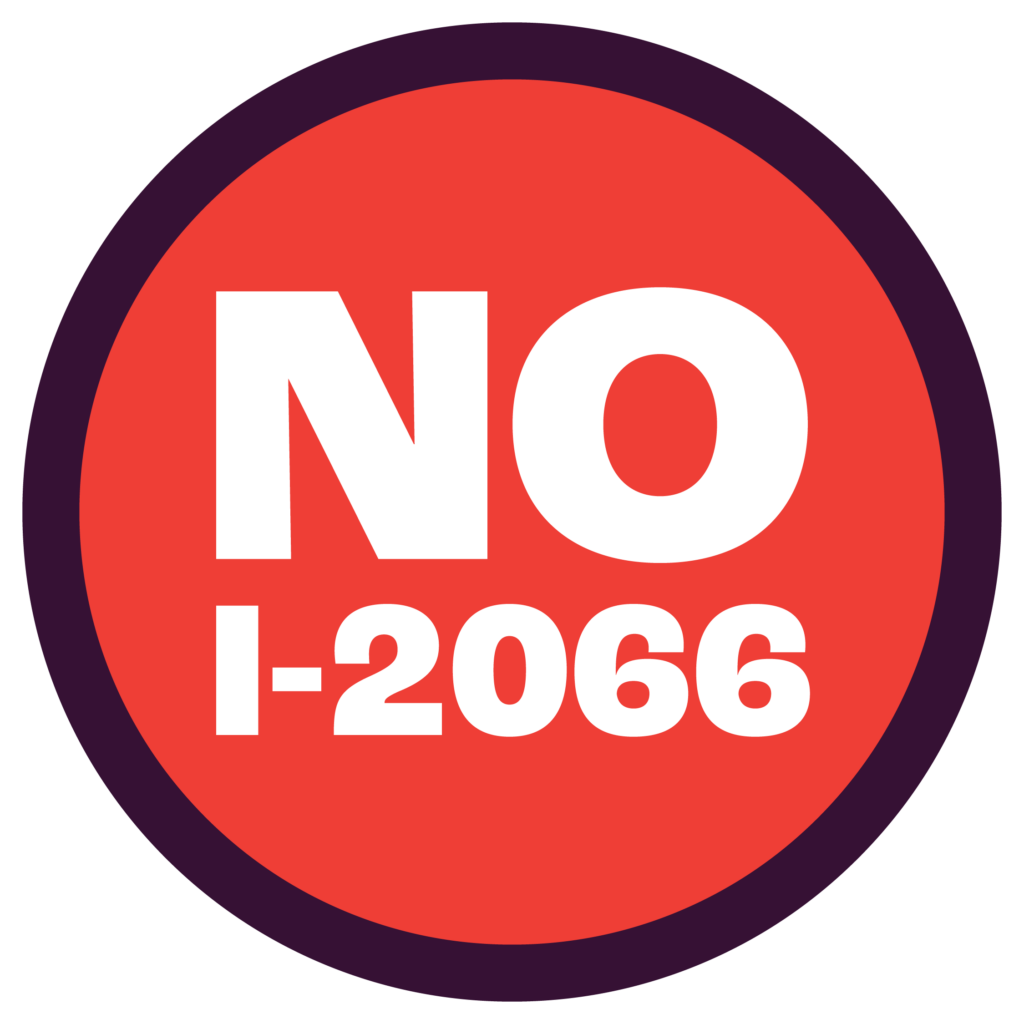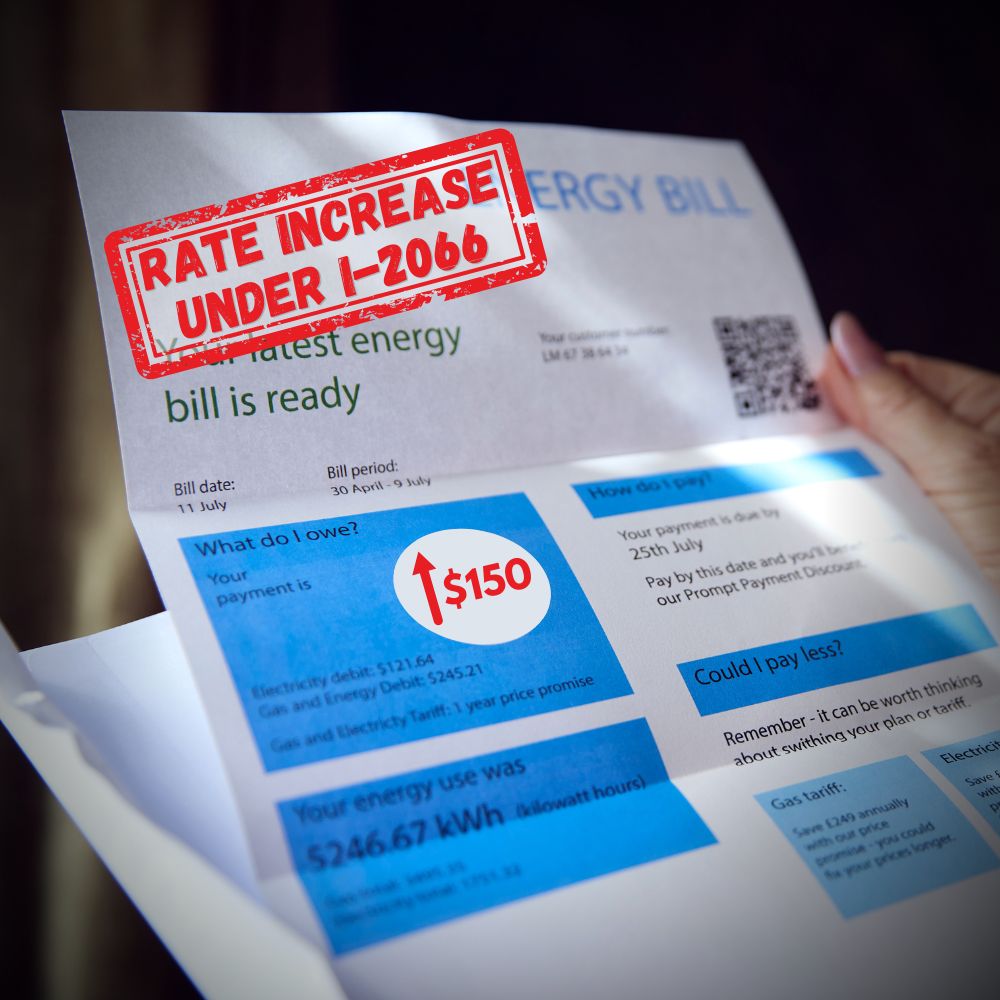$150 annual increase in gas bills projected if Initiative 2066 passes
A new analysis shows that if passed, Initiative 2066’s repeal of consumer protections could raise gas bills in Washington State by $150 per year by 2035, and double them by 2050.
Washington residents will see Initiative 2066 on their ballots this fall, a misleading and harmful ballot initiative backed by fossil fuel corporations and powerful special interests in an effort to eliminate key affordability and energy efficiency policy at the state and local level, and experts have raised serious concerns about the potential impacts that the initiative would have on energy bills. The initiative is part of a suite of four initiatives funded by mega millionaire Brian Heywood, which are trying to undo the State’s progress on issues from health care to combating the climate crisis.
Among the many impacts of I-2066 is a repeal of important planning tools that Puget Sound Energy, Washington’s largest utility, says are necessary to prevent higher energy costs in the coming years. Climate Solutions’ new analysis of research conducted earlier this year by Synapse Energy Economics shows that I-2066’s rollback of these tools and consumer protections would mean escalating costs for Washington residents with gas appliances in their homes.
Gas use is already in decline in Washington state. This trend increases the risk that fewer and fewer gas customers — especially for people living on low or fixed incomes — will be left to pay higher and higher monthly energy bills to maintain an expanding gas system with fewer users. I-2066 worsens these risks by jeopardizing programs to help households upgrade to energy efficient electric appliances.
“Energy bills are a huge financial strain for working families in Washington. I-2066 would guarantee higher energy costs in the coming years by rolling back tools that help utilities plan for the future. It’s vital that voters look at the fine print of this poorly written initiative, which would have unintended consequences for people across the state,” said Molly Gallagher, Communications Coordinator, Statewide Poverty Action Network
I-2066’s impact to energy bills is among the reasons that the No on 2066 campaign is endorsed by leading voices working in affordable housing and anti-poverty programs, including Statewide Poverty Action Network, the Anti-Hunger and Nutrition Coalition and the Housing Development Consortium.
“The costs of rent, groceries, healthcare, insurance, and many other goods and services are all rising, but wages for low- and middle-income workers are not keeping up. Households across Washington are already strapped trying to make ends meet — raising energy costs by eliminating common sense utility planning tools is a step in the wrong direction. Washington families should reject I-2066,” said Traci Underwood, Policy Director, Economic Opportunity Institute
“I-2066 will eliminate opportunities for a managed transition for Washingtonians who rely on natural gas. Allowing natural gas utilities to manage and plan for transition costs effectively will mitigate future risks and costs for natural gas customers,” said William Gehrke, Senior Technical Analyst, NW Energy Coalition
In order to fight higher energy bills, protect clean air, and combat the climate crisis, the answer is clear – VOTE NO on 2066.

